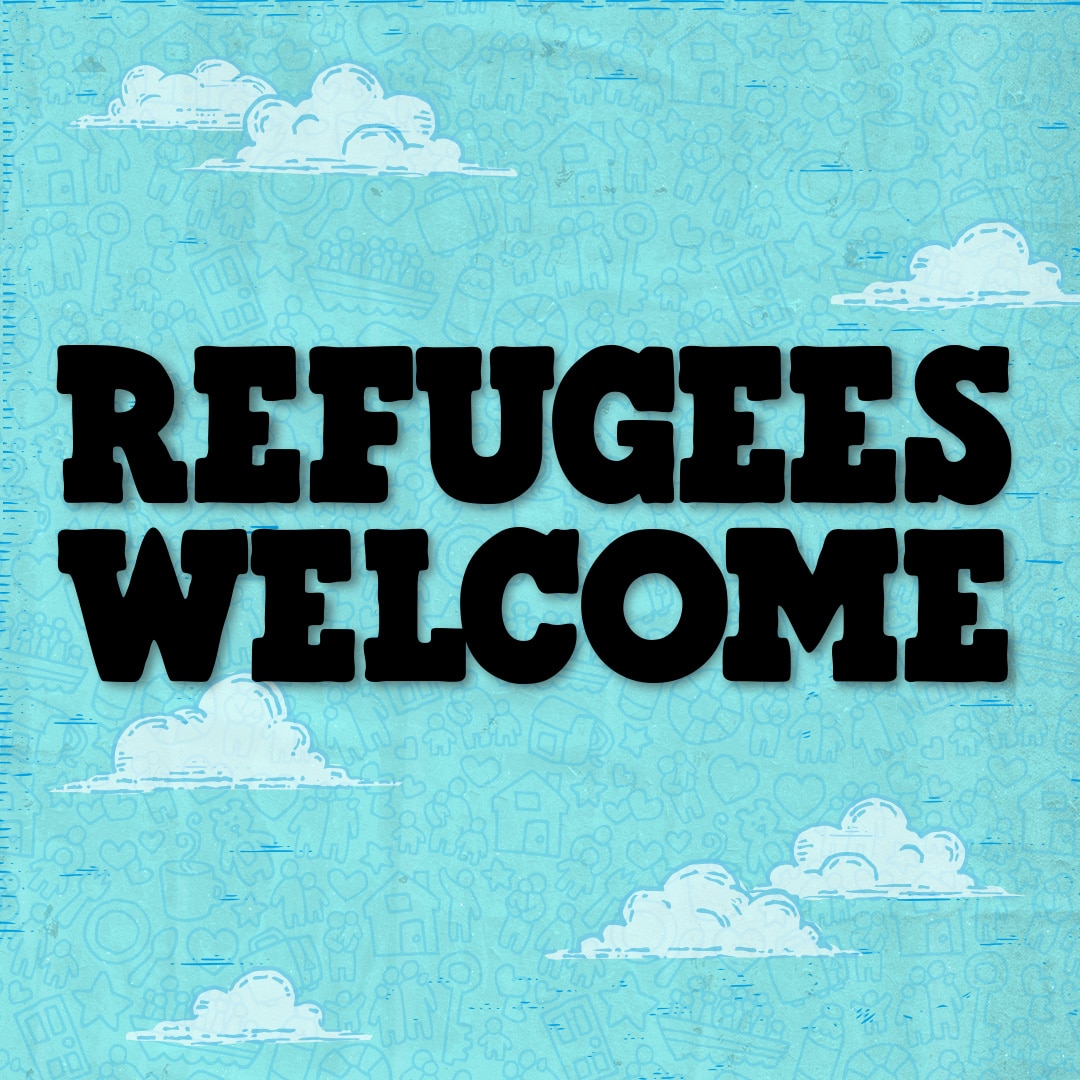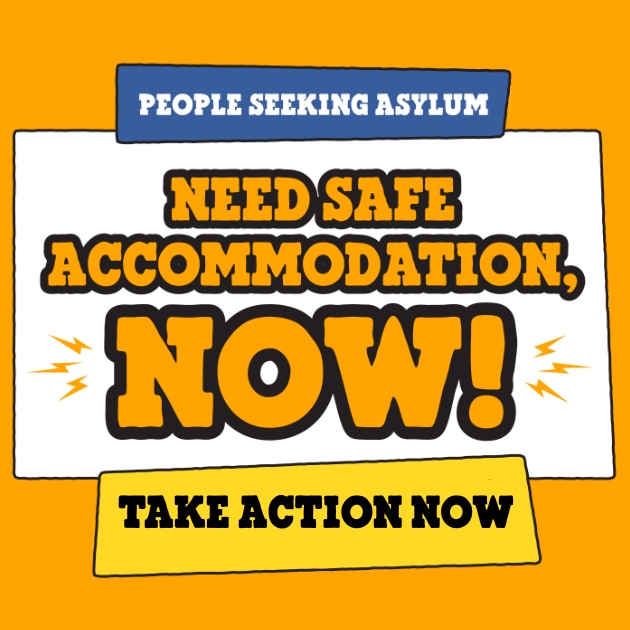
Ever stopped to think about the impact of the language you use? Or perhaps why you view certain people in particular ways?
At the Migrants’ Rights Network, we’ve been reflecting on this for some time. We decided to dig into the motivations behind what language is used in connection with contemporary issues, especially in relation to migrants and refugees. In fact, we felt this was so important we made a whole campaign about it. That’s how the Words Matter campaign was born.
Why do words matter?
Words give everything meaning. They shape the way we treat each other. They describe the way we individually navigate the world or build compassion and community. But words also have consequences. They have the ability to create harm and division.
Language also forms the foundation of how we think about migration and refugees, and how immigration law is created. It is at the core of our collective ideas about who is welcome in the UK. That’s why at the Migrants’ Rights Network, we created the Words Matter campaign. This is about changing the way we talk about migration but also giving migrant and refugee communities a platform to lead that change.
We are a diverse team majority led by migratised* people and People of Colour, essentially first and second generation migrants but there are also numerous other intersecting identities in our team including religion, nationality, age, gender, sexuality and those with disabilities. We use the lived experience of our team, board and wider network to shape the campaign. For us, many of the words you hear used in newspapers or on the news shape our everyday lives. Rather than internalise the stereotypes and hate that come with them, we are using our experiences to try and create new narratives for good.
Over the last year, we have been publishing explainers which dismantle some of the really harmful stereotypes out there. We’re also tackling some of the language unknowingly used by refugee advocates. Words that we’ve used in the past ourselves but have come to realise the huge amount of harm these words could inadvertently be having on migrant and migratised* communities. Here are some examples of common dangerous rhetoric and alternative phrases that we’re championing.
Safe country
You’ve probably heard the phrase ‘safe country’ used a lot recently. It’s become something of a buzzword for both politicians and journalists. But what does it mean? What actually is a safe country?
The most important question we should ask is: safe country for who? Let’s look at Albania as an example.
Albanians have become the number one scapegoat recently. Many politicians and media outlets are keen to use Albania as a way to promote more hostile anti-refugee policies. Delegitimising people’s reason for seeking safety and a new life helps them justify cruel deportation and detention. It’s beneficial for the State to scapegoat vulnerable groups like these as it can distract from their own failures instead placing the blame for things like NHS waiting lists or economic recession on others. This is where the term ‘safe country’ becomes an anti-refugee weapon. We can see the Government using this idea to implement blanket blocks to claiming asylum for Albanians on the basis their claims would be unfounded.
But it’s not that simple. We know that many people claiming asylum from Albania are survivors of trafficking and modern slavery. In fact, the Government’s own statistics show that between April and June 2022, Albanians were the most common nationality referred to the National Referral Mechanism - the framework for identifying potential victims of modern slavery and ensuring they receive the support they need.
It’s also clear there are many human rights issues in the country. Reports of systemic abuses for LGBTQ+ people, journalists, and women and girls, along with violations of the right to privacy and freedom of expression. That means Albanians are not all safe, and the country itself is not safe for all either.
Inclusion not integration
Integration. That’s a good word, right? We would argue against this.
We’ve reflected on this term a lot in our team and how our own experiences as migratised people have been shaped by the idea of ‘integration’. Integration is an idea used by the Government to pressure migrants and refugees to assimilate into a preconceived idea of ‘British culture’.
‘Integration’, ‘assimilation’ or ‘community cohesion’ are harmful ideas because they expect people to be part of the wider majority and force them to lose their individual identities if they’re seen to be different. It insinuates that people arriving in the UK must make sacrifices in order to be accepted.
That’s why we’re encouraging people to talk about ‘inclusion’ instead. Members of our community tell us that the idea of inclusion celebrates who they are. Inclusion means all identities, culture and experiences are accepted and valued. It can help create a society where everyone can be successful and thrive.
Standing in solidarity with migrant and refugee communities means our acceptance must be unconditional.
How can you make your Words Matter?
We need to ask ourselves how we can cultivate a society where all communities feel safe and respected.
That’s why we’re calling on everyone to stand up and challenge the language that demonises migrant communities, and help us create new narratives. We are asking politicians, journalists, charities and individuals to say ‘no’ to hate and make their Words Matter pledge. And we want you to hold them to account when they use dehumanising language. If you want to learn more, you can head over to our website or find out how you can make your pledge today.
*Migratised is a word we use to describe people who are assumed to be migrants and are treated as migrants. This often includes People of Colour. You can learn more about this term by checking out our Words Matter ‘Migratised’ explainer.
This blog was written by our friends at the Migrants’ Rights Network



